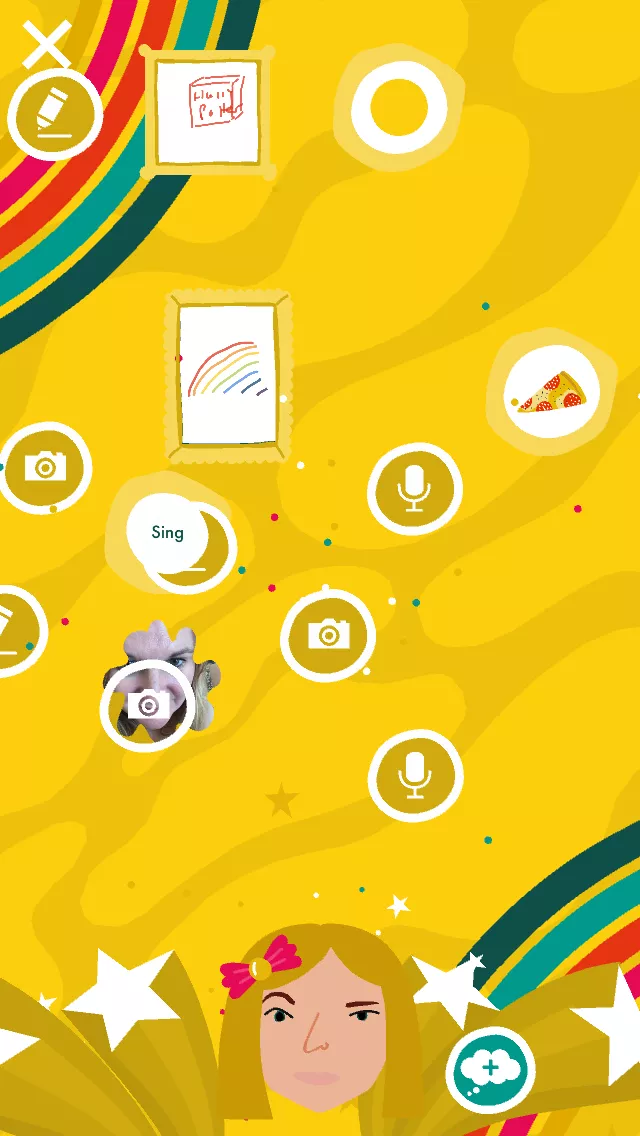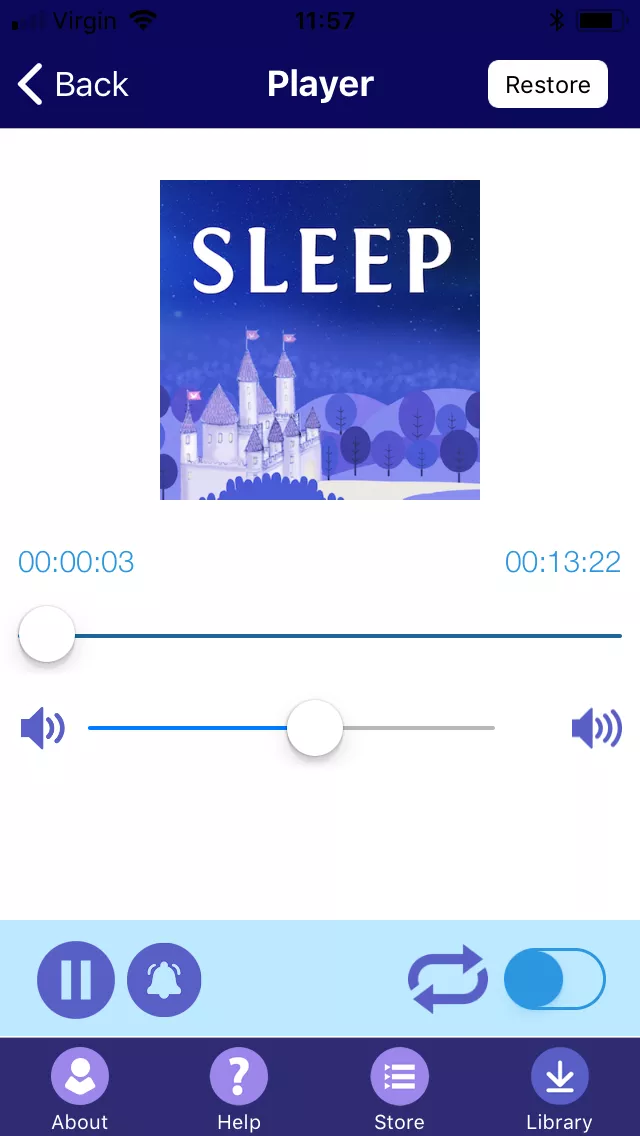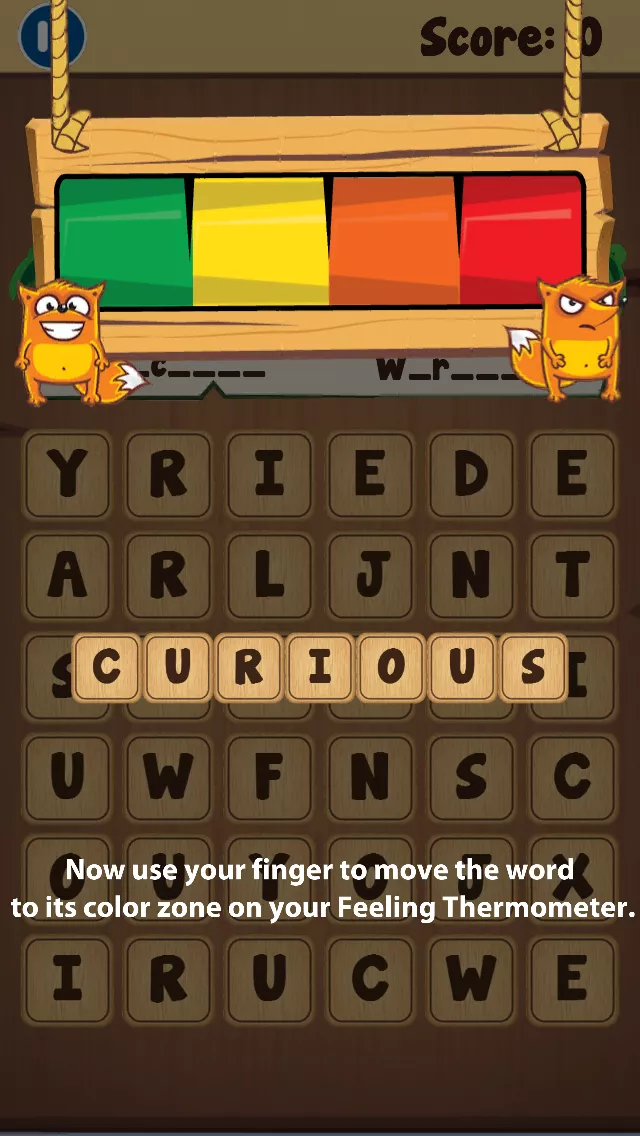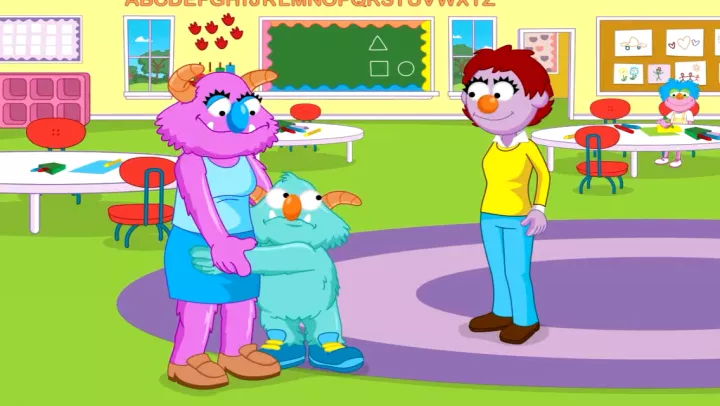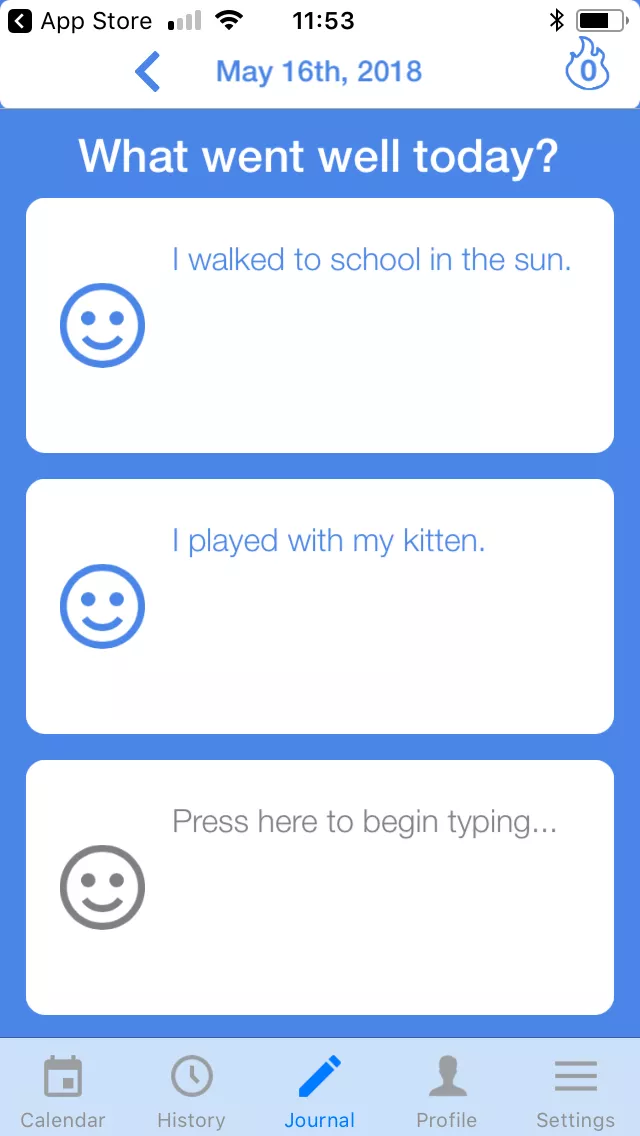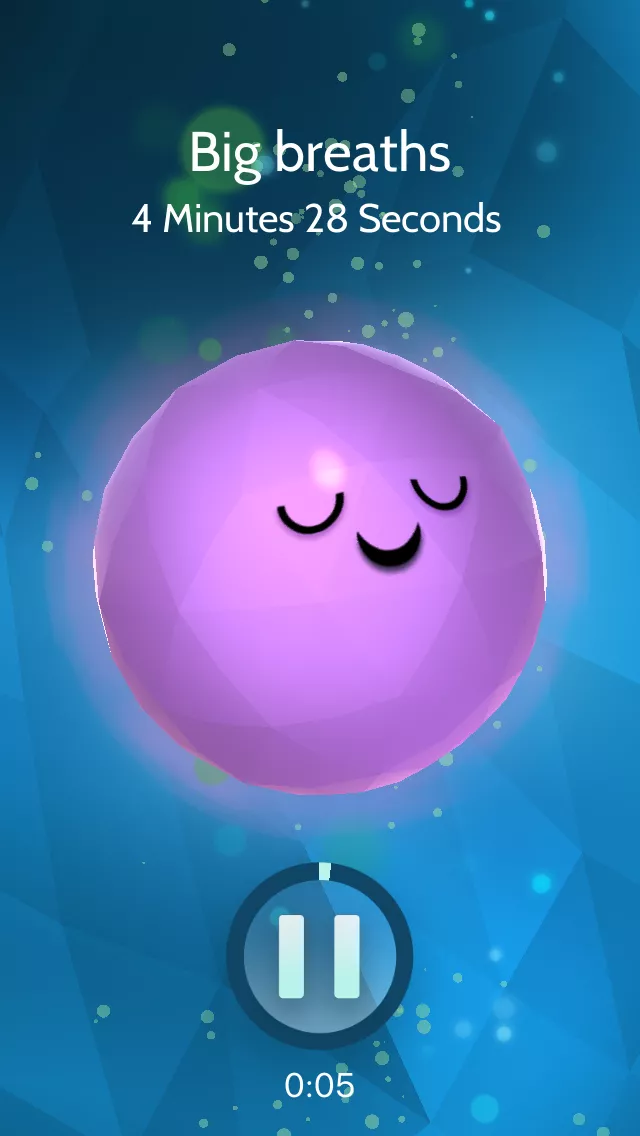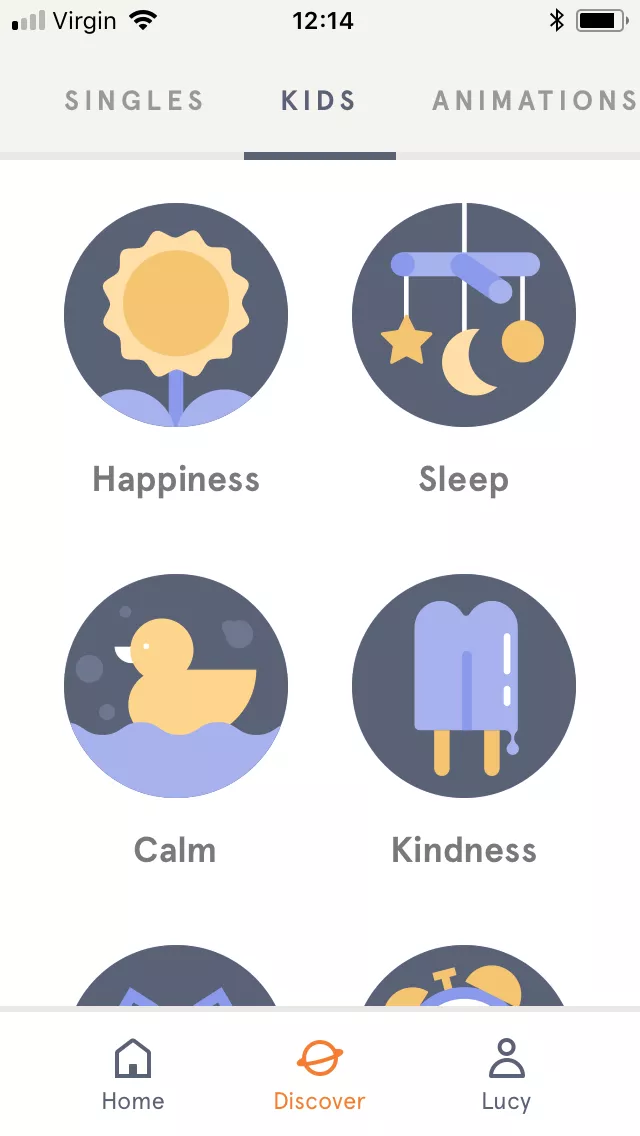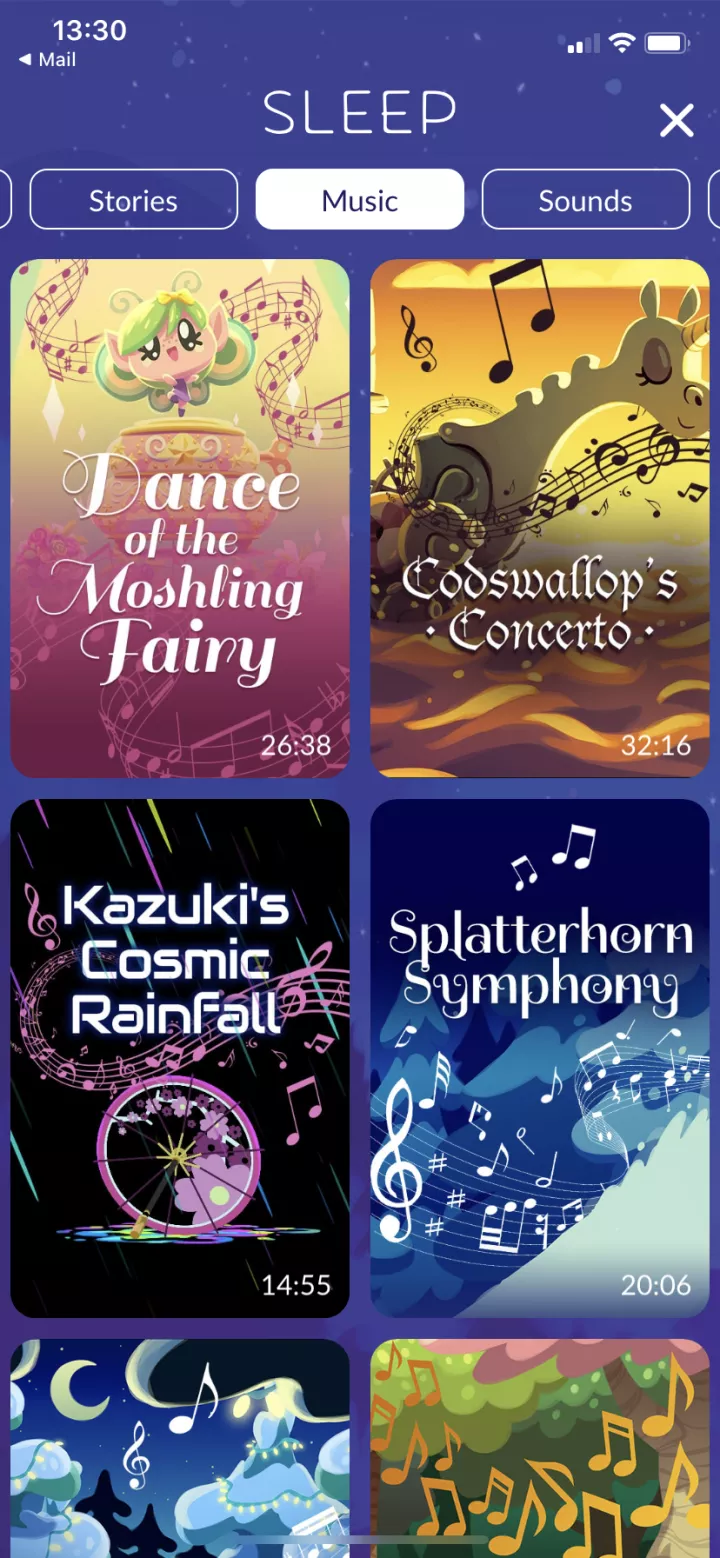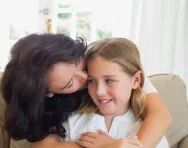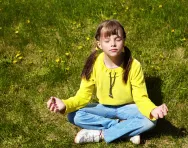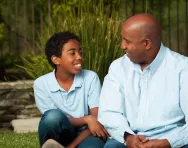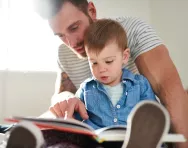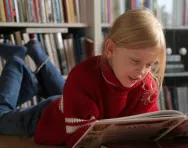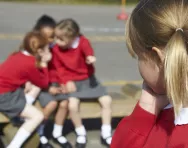Important update from TheSchoolRun
For the past 13 years, TheSchoolRun has been run by a small team of mums working from home, dedicated to providing quality educational resources to primary school parents. Unfortunately, rising supplier costs and falling revenue have made it impossible for us to continue operating, and we’ve had to make the difficult decision to close. The good news: We’ve arranged for another educational provider to take over many of our resources. These will be hosted on a new portal, where the content will be updated and expanded to support your child’s learning.
What this means for subscribers:
- Your subscription is still active, and for now, you can keep using the website as normal — just log in with your usual details to access all our articles and resources*.
- In a few months, all resources will move to the new portal. You’ll continue to have access there until your subscription ends. We’ll send you full details nearer the time.
- As a thank you for your support, we’ll also be sending you 16 primary school eBooks (worth £108.84) to download and keep.
A few changes to be aware of:
- The Learning Journey weekly email has ended, but your child’s plan will still be updated on your dashboard each Monday. Just log in to see the recommended worksheets.
- The 11+ weekly emails have now ended. We sent you all the remaining emails in the series at the end of March — please check your inbox (and spam folder) if you haven’t seen them. You can also follow the full programme here: 11+ Learning Journey.
If you have any questions, please contact us at [email protected]. Thank you for being part of our journey it’s been a privilege to support your family’s learning.
*If you need to reset your password, it will still work as usual. Please check your spam folder if the reset email doesn’t appear in your inbox.
Best wellbeing apps for kids
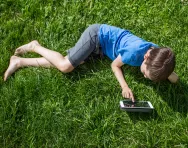
The apps reviewed are not produced or distributed by TheSchoolRun. All details were correct when we reviewed them, but please note that some apps can be very short-lived and may become unavailable to download. We are unable to guarantee that the app listings we provide are completely up-to-date at all times.
Best for developing self-awareness
Me: A Kid’s Diary by Tinybop, £2.99, Apple
This interactive app will inspire your child to learn more about themselves and the people around them. It’s designed to build self-awareness, self-confidence, empathy and kindness through a range of different journaling techniques.
Children start by creating their own avatar, personalising it with their skin colour, hairstyle, eye colour, and so on. They then click the thought cloud, which unleashes a new question or prompt to encourage them to think about who they are and what makes them tick.
Prompts include: ‘this is my favourite place to hide,’ ‘this is my favourite book,’ ‘this is what I really want for my birthday,’ and ‘this is what my family will look like when I grow up.’ They can record their answers in a whole host of different ways, including drawings, photos, text, animations and voice recordings.
These are all stored on a ‘map’ of who they are, and they can click each pinpoint to read or edit their previous answers. There are hundreds of questions in all, allowing your child to build a fully interactive profile and grow in their sense of identity.
Best for bedtime relaxation
Sleep Meditations for Kids, free, Apple and Android
If you have an anxious child who finds it hard to drop off at night, this meditation app is well worth trying. Designed by a yoga and Montessori teacher, it’s aimed at children aged 12 and under and can help with sleep issues, insomnia, stress and anxiety, as well as promoting feelings of wellbeing.
The free 13-minute meditation begins by encouraging your child to imagine their worries floating up into a big balloon then drifting away. It then progresses through a number of relaxing story settings, before guiding your child to relax each part of their body in turn. Subtle sound effects and gentle music add to the sense of calm.
There are also several other meditations available to download for £2.99 each, including Bedtime Meditations for Kids, Enchanted Meditations for Kids, and Mermaids and Fairy Dust.
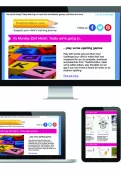
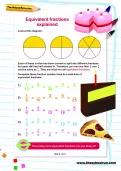
Start your child on a learning programme!
- Weekly English, maths & science worksheets direct to your inbox
- Follows the National Curriculum
- Keeps your child's learning on track
Best for building resilience through play
FOCUS On The Go!, free, Apple and Android
FOCUS stands for Families Overcoming Under Stress, and this app aims to teach resilience – a key part of mental wellbeing – to every member of the family. It helps your child develop five essential skills: problem-solving, goal-setting, communication, emotional regulation, and managing trauma and stress.
The Play section is where your child is likely to spend most of their time, with three different games, including Bear Necessities, where your child has to build a track to roll a ball from top to bottom of the screen, testing their problem-solving ability and perseverance, and Feeling Finder, where they have to find emotion words in a wordsearch and then rate them on a scale from positive to negative.
The Comic Creator function, where your child can build cartoon strips involving their own characters and storylines, will help them share their ideas and feelings.
There’s an extensive Resources section, with useful tools such as Feeling Foxes (expressive cartoon foxes with feeling words that help children name their emotions) and deep breathing and meditation exercises to work through with your child, along with videos and articles on subjects such as how to hold a family meeting.
The Resilience Surveys, which can be taken by you, your child, or the whole family, are also helpful in showing how you’re getting on with building resilience.
Best for EYFS and KS1
Breathe, Think, Do with Sesame Street, free, Apple and Android
Even young children aged two to five can become more aware of their own emotions. Breathe, Think, Do features your child’s favourite Sesame Street characters to help teach them skills such as problem-solving, self-control, planning and perseverance.
The colourful app shows a monster facing various everyday challenges, from battling with the frustration of trying to tie its shoelaces to feeling wobbly on its first day of school. In each scenario, your child has to help the monster breathe to calm down (by tapping on its belly), think of a plan (by popping thought bubbles: in itself a very soothing exercise) and then do it (by choosing which of three plans to put into action).
Once the monster is calm and has solved the problem, there’s a cheerful animation for your child to watch.
Parents will appreciate the helpful resources area, with information on handling issues from sibling rivalry to separation and divorce, and a guided breathing exercise to practise with their children.
Best for positive thinking
Three Good Things, free, Apple
Evidence suggests that if you write three good things down every day, your happiness and positivity increase. This simple little app is a great way for your child to record what they’re grateful for.
Each day, the app prompts them to think about what went well, with three boxes to type their comments in. They can add them all at once at the end of the day, or as they happen. They get to level up for recording their thoughts on streaks of consecutive days, and can look back at their history to remind themselves of the things they’re thankful for.
Over time, the app will train your child to look for things to appreciate and make the practice of gratitude a habit.
Best for KS2
Mindful Powers, £4.99, Apple
Overflowing with cuteness, Mindful Powers is a fantastic app for teaching your child to practise mindfulness. They own a loveable little creature called a Flibbertigibbet, who coaches them through the various guided meditations.
Before each task, your child has to soothe their Flibbertigibbet by spending a couple of minutes smoothing it with their finger. This repetitive sensory movement triggers the body’s rest and digest response, helping your child relax and focus; if they stop, the Flibbertigibbet makes their device vibrate until they carry on.
It then leads into a guided meditation, with an appealing, child-narrated voiceover and calming music. There are various different exercises to choose from, including Big Breaths, Head to Toe and 5 Powerful Senses; the first three are free, but you’ll need to pay to access the full suite. Your child earns rewards for their Flibbertigibbet for each exercise they complete.
A particularly nice feature is that the first two activities explain exactly what mindfulness is and why it helps, in appealing child-friendly terms: for example, likening the stress response to a pack of angry dogs. This makes it ideal for KS2 kids, who’ll be interested in the science aspect.
Best for practising mindfulness
Headspace for Kids, £9.99 per month, £74.99 per year, or £399.99 lifetime, Apple and Android
Headspace is one of the UK’s best known mindfulness apps for adults, and it has plenty to offer children, too. The theory is that teaching them meditation at an early age sets them up for life.
You can select guided mindfulness activities according to your child’s age: under five, 6-8 or 9-12. You’re then given a range of categories to choose from: Appreciation, Balance, Happiness, Sleep, Calm, Kindness, Paying Attention, and Wake Up. There's also a Back to School collection to help ease classroom anxiety.
The activities use examples and objects that are appropriate to your child’s age. For example, one meditation involves visualising a balloon tied to each limb and floating gently into the air; another uses their favourite toy as a prop, balanced on their stomach to help them focus on their breathing.
Meditations are short for younger children – as little as one minute – to reflect their limited attention span, and increase in length as they get older. They’re voiced by ‘Andy,’ who has a clear, no-nonsense manner that’ll help children understand what they need to do.
Your subscription also includes access to the full range of meditations for adults, so you can reap the benefits, too.
Best for helping your child sleep
Moshi: Sleep and Mindfulness, seven-day free trial then £39.99 per year, Apple and Android
Moshi: Sleep and Mindfulness is designed to help children fall asleep, featuring a cast of cute Moshi Monsters: especially helpful for kids who struggle to settle at bedtime, or feel anxious about going to sleep.
The app has four different categories to help ease your child into sleep: stories, meditations, music and sounds. The stories have a variety of themes to appeal to children, including transport, animals, Vikings and mermaids, and are narrated by well-known voices such as Patrick Stewart, Goldie Hawn and Brian Blessed.
The music category features relaxing classical pieces, while meditations guide your child through exercises to help them feel sleepy. If you’d prefer your child to listen to calming sounds, you can choose from options like raindrops, waves and cats purring. There are also short meditative relaxations (Moshi Moments) that your child can use whenever they feel anxious, and deep breathing exercises.
Moshi: Sleep and Mindfulness is primarily an audio app to stop kids getting distracted by animations when they should be sleeping. Most recordings last around 30 minutes, so there’s plenty of time for your child to drift into sleep.
Best fast fix
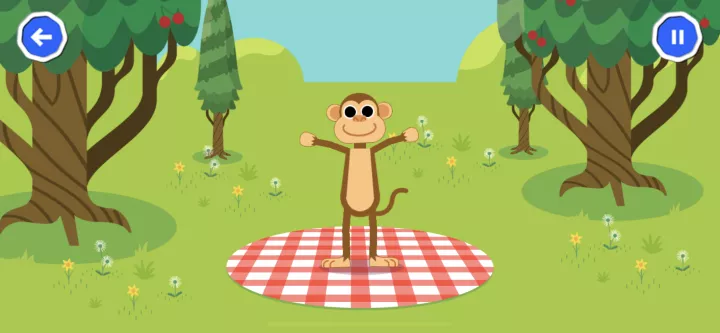
CBeebies Go Explore, free, Apple, Android and Amazon
Your Mindful Garden is one of a suite of activities for young children in the CBeebies Go Explore app, encouraging young children to grasp basic mindfulness techniques to improve their wellbeing through short, simple activities.
Voiced by Stephen Fry, Your Mindful Garden gives your child three new games-based mindfulness exercises each day, each with a different emphasis: focus, creativity and calm. Focus, for example, could be a simple matching pairs game intended to help clear your child’s mind, while creativity could involve using a rake to ‘draw’ patterns in the sand in the Zen garden. Calm, meanwhile, prompts gentle activity such as stretching.
The three daily exercises only take 10 minutes or so, and once your child has completed them, they’re awarded with an item to decorate their mindfulness tree. The tree then goes to sleep, ready to wake the next day with a new set of activities.
